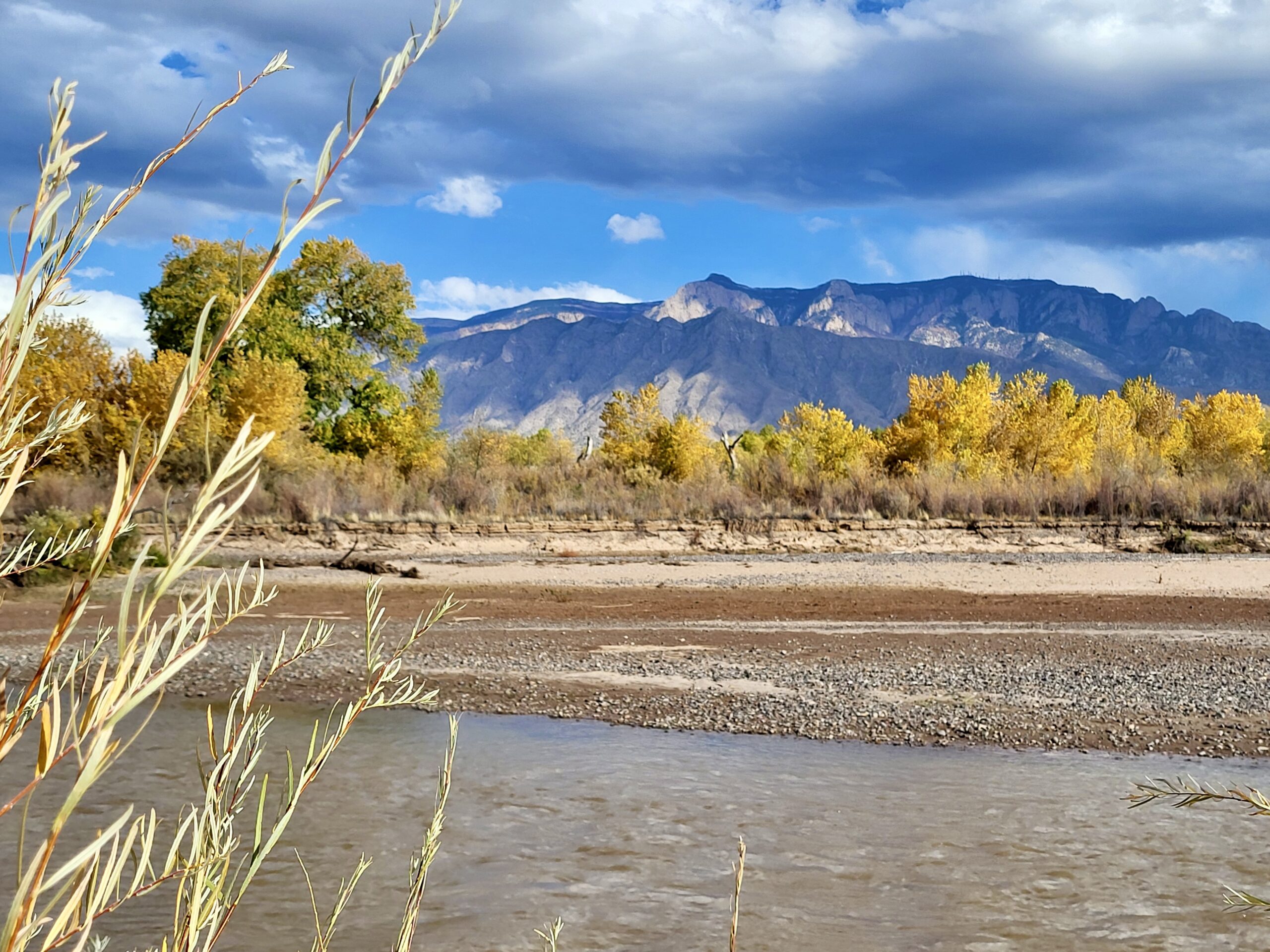 Recently I participated in an excellent online workshop. The leader really knew their topic, and the exercises were deeply moving. However, one teaching in the workshop made me cranky. What was that?
Recently I participated in an excellent online workshop. The leader really knew their topic, and the exercises were deeply moving. However, one teaching in the workshop made me cranky. What was that?
The leader was teaching us how to avoid getting hooked on narcissistic relationships. All good there — let’s avoid that! And their solution was: you have everything you need inside you; you do not need to reach to anyone else to complete you.
Now, there is a core teaching here. Most of us have had the unfortunate experience of co-dependently relying on someone else to ensure our sense of worthiness — a lover, a teacher, a family member. These kinds of relationships deplete and diminish us, and it’s good to change them (if possible) or release them (if necessary).
 But that doesn’t mean the opposite is true: that we shouldn’t actually need anyone, ever. It may sound like that’s the obvious conclusion, but it contains a nefarious error, which has hitched on the ride of Western thinking for quite a long time.
But that doesn’t mean the opposite is true: that we shouldn’t actually need anyone, ever. It may sound like that’s the obvious conclusion, but it contains a nefarious error, which has hitched on the ride of Western thinking for quite a long time.
The truth is: We do need each other. Attachment studies in children, and our critical need for attunement to grow and develop in a healthy way, is well-established science. And, the need doesn’t end in adulthood. Otherwise, solitary confinement wouldn’t work as torture (which it does). Otherwise, we wouldn’t be having a loneliness crisis (we are).
We need other people. And other people need us. Yes, NEED. Not, “it’s preferable,” or “it’s pleasant,” or “it makes the world a better place.” We need human relationships. We need different kinds — the simple relationship that takes place with a check-out person, or the quiet connecting we do on buses and on sidewalks, or the deeper relationships that come with work and family. Attunement — of both the shallow and deep varieties — are things we need biologically and mentally. Without it, we become much less well.
We see this is so many simple, negative contexts: doctors who don’t have time to attend to us; bureaucracies that treat our important needs as inconveniences; people with major mental health challenges who cannot find the community-based care they so desperately need.
We also see it in similarly simple, positive contexts: the relief we feel when we do finally find a doctor who can listen; schools that are designed for community, connection and care; the funeral where we show up for each other and honor those lost.
I recently saw a short documentary called Makayla’s Voice that moved me on many levels, and reinforced this lesson. Makayla is a 14 year old autistic girl who cannot speak. Recently, she was taught how to use a letter board, and she’s been revealed as a poet and author of incredible sensitivity and skill. If you have Netflix, you can watch it.
In the Bantu philosophy of Ubuntu: “I am because we are.” We are not incomplete because we reach to others for connection, care, understanding, love, and appreciation. Sure, in a sense we are “enough” on our own; and in another way, we are never enough on our own. We are built for community and connection. We need each other. I invite us to be skeptical of the Western philosophy of individualism — which is so useful in contexts where individuals have no rights — as a way to understand what it means to be fully human.
What is your experience of needing others in a way that builds us all? Please share on my blog below…

Beautifully said. We are not designed to be islands. On every level (physiological, biochemical, emotional, within the Universe…) we are interconnected. We also see this in the animal worlds.
Thank you Rebecca!
Thanks so much for this, Leslie❣️ Given the constant stream of lessons on the virtues of self-reliance and individualism that we’re all bound to get from the dominant culture, may we all practice reminding ourselves and one another how much we need our human and more than human communities.